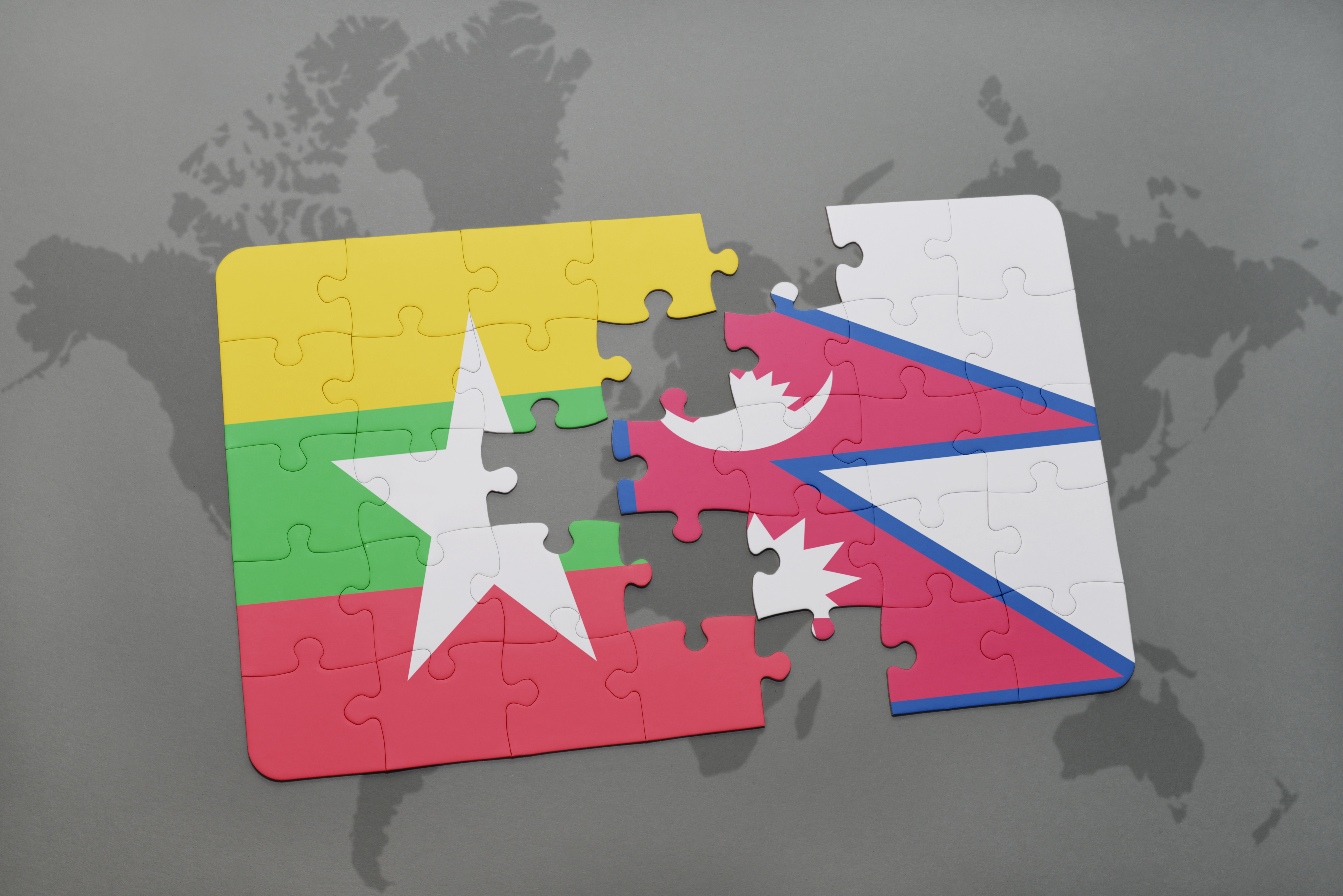Abstract
Nepal and Myanmar both committed to establishing federalism in response to ethnic conflict and a secession risk. However, while Nepal has successfully enacted a federal constitution following a participatory process, Myanmar’s elite-based negotiations have slowed considerably. The management of the secession risk is the key issue pervading the federalism debates in these countries. This is especially manifest in decisions about how and where to draw provincial boundaries (ethnic versus territorial federalism) and the division of powers. Such design features can help overcome the perception within Myanmar’s military that federalism will lead to secession, which remains a significant hurdle.


